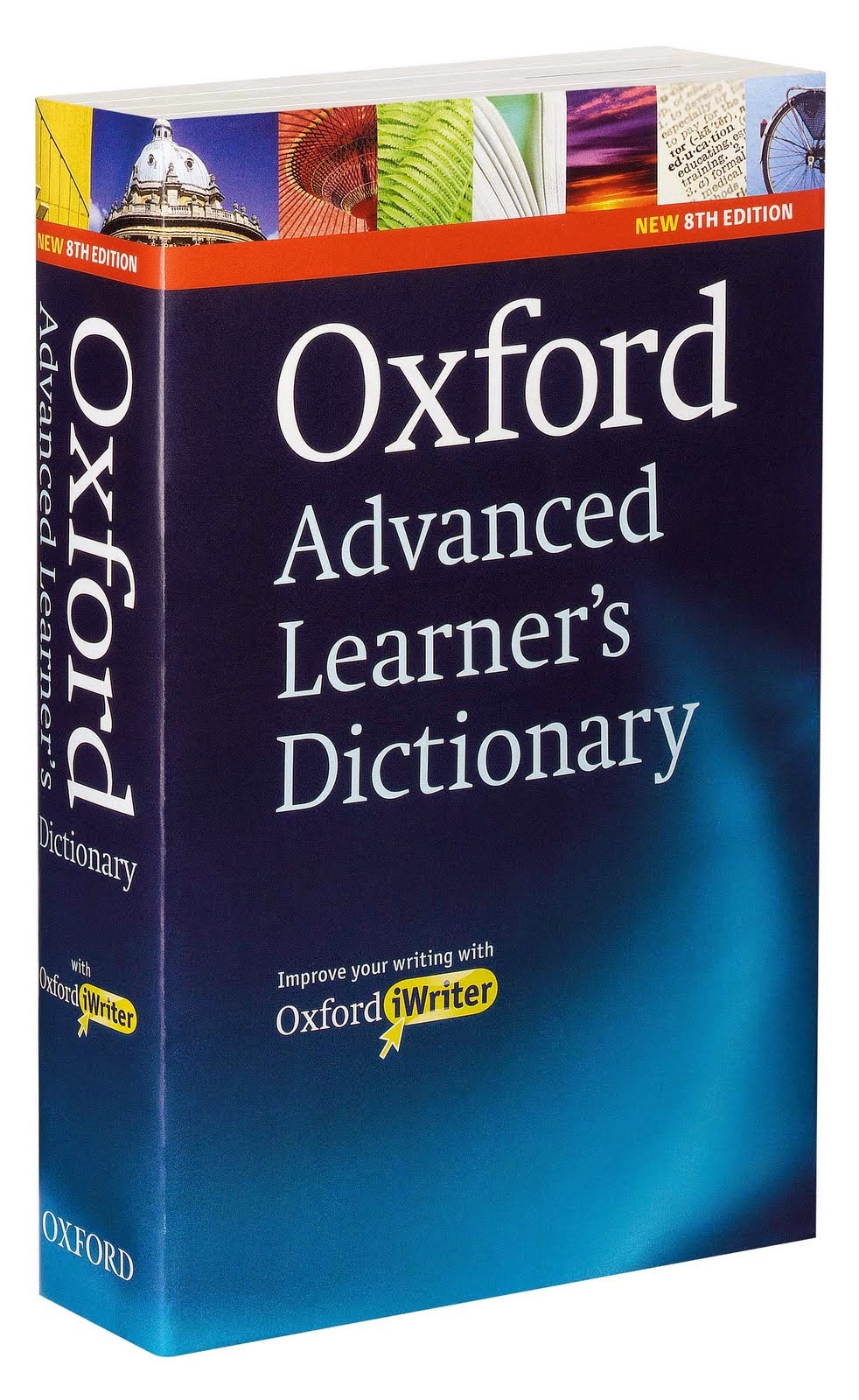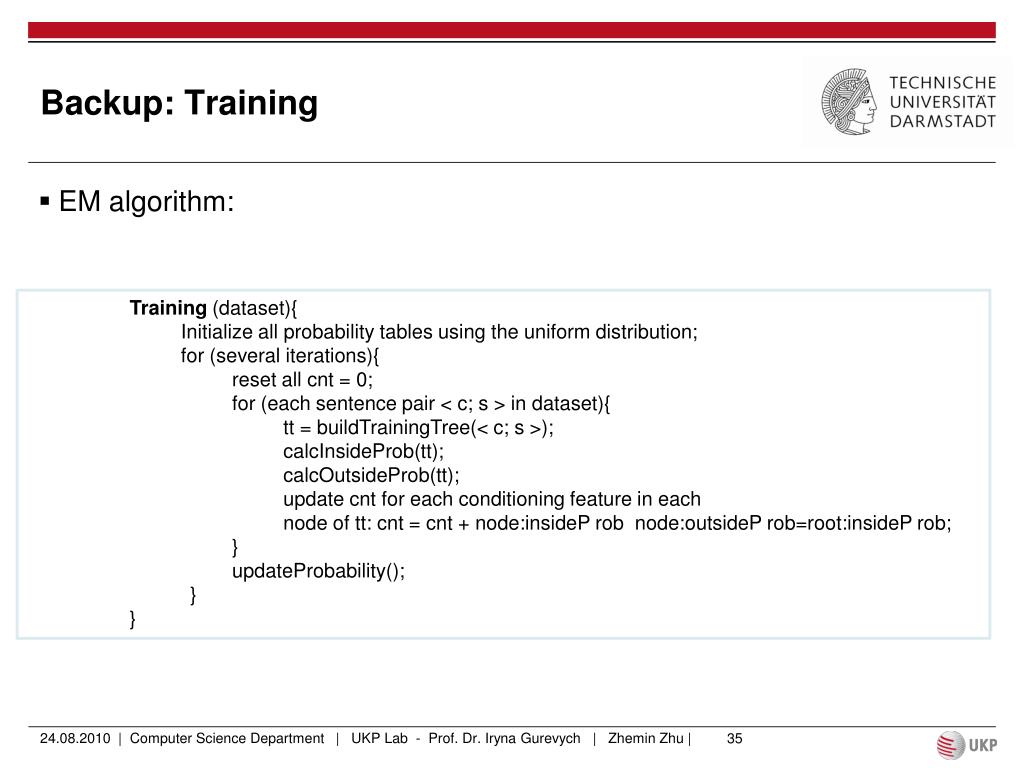

(18) However, he is monolingual only fluent in Japanese, and considers himself Japanese. (17) However, he is monolingual only fluent in Japanese, and considers himself Japanese. (16) Almost all classroom activity was oral and monolingual in the second language. (15) In fact, America is one of the most stubbornly monolingual nations on earth. (14) Almost all classroom activity was oral and monolingual in the second language. (13) Being a monolingual American, I obviously don't know what the phrase means. (12) In fact, America is one of the most stubbornly monolingual nations on earth. (11) This approach to language learning is suitable for monolingual groups. (10) What group has shifted from a monolingual group to a multilingual one? (9) This approach to language learning is suitable for monolingual groups. (8) Computers are monolingual: they need us to make that translation. (7) Can anyone recommend for me a good monolingual German dictionary? (6) Computers are monolingual: they need us to make that translation. (5) But monolingual adults need to be reminded of the past too. (4) There was a high rate of what due to monolingual instruction Often overlooked, robust automatic evaluation methodology is necessary for improving systems, and this work presents new metrics and outlines important considerations for reliably measuring the quality of the generated text.(3) But monolingual adults need to be reminded of the past too. We analyze common evaluation practices and propose better methods that more accurately measure the quality of output. Sentential paraphrases must fulfill a variety of requirements: preserve the meaning of the original sentence, be grammatical, and meet any stylistic or task-specific constraints. Once candidate sentences are generated, it is crucial to have reliable evaluation methods. Our method generates more meaning-preserving and grammatical sentences than earlier approaches and requires less task-specific data. We modify the statistical machine translation pipeline to harness monolingual resources and insights into task constraints in order to drastically diminish the amount of annotated data necessary to train a robust system. Parallel bilingual data naturally occurs between common language pairs (such as English and French), but for monolingual sentence rewriting, there is little existing parallel data and annotation is costly. In machine translation, a large quantity of parallel data is necessary to model the transformations from input to output text. Monolingual rewriting can be thought of as translating between two types of English (such as from complex to simple), and therefore our approach is inspired by statistical machine translation.

We also perform a detailed analysis of the evaluation methodologies for each task, identify bias in common evaluation techniques, and propose more reliable practices. We introduce a unified framework for monolingual sentence rewriting, and apply it to three representative tasks: sentence compression, text simplification, and grammatical error correction. In this thesis, we investigate approaches to paraphrasing entire sentences within the constraints of a given task, which we call monolingual sentence rewriting.


 0 kommentar(er)
0 kommentar(er)
